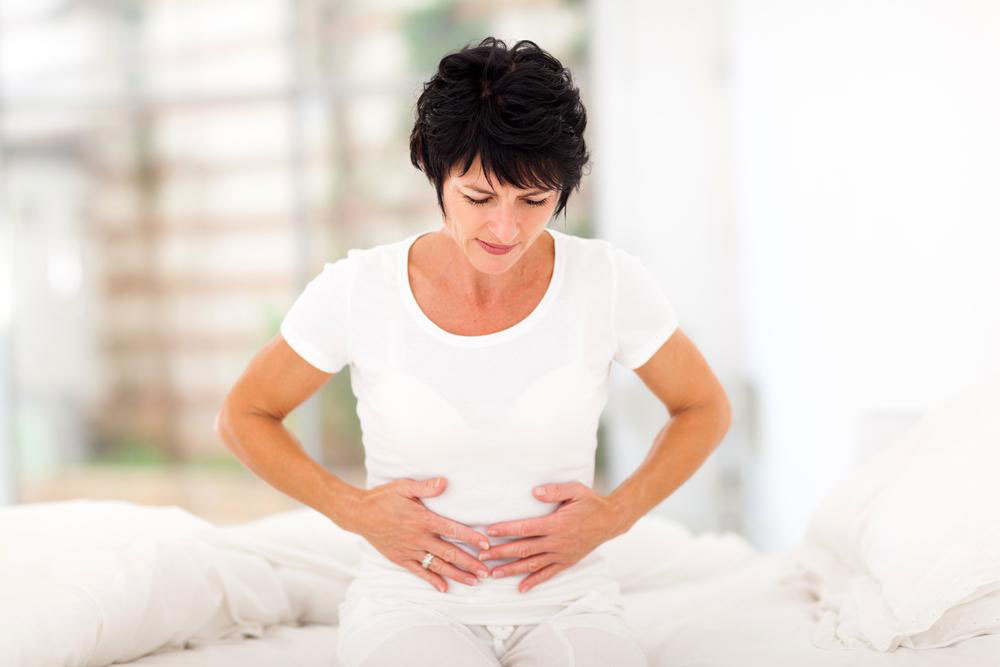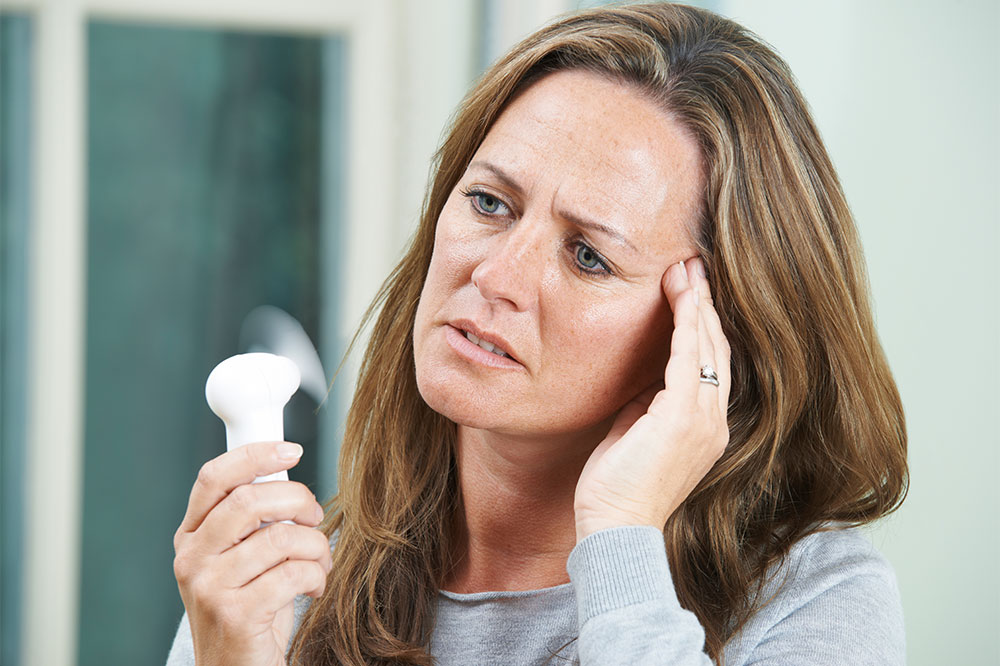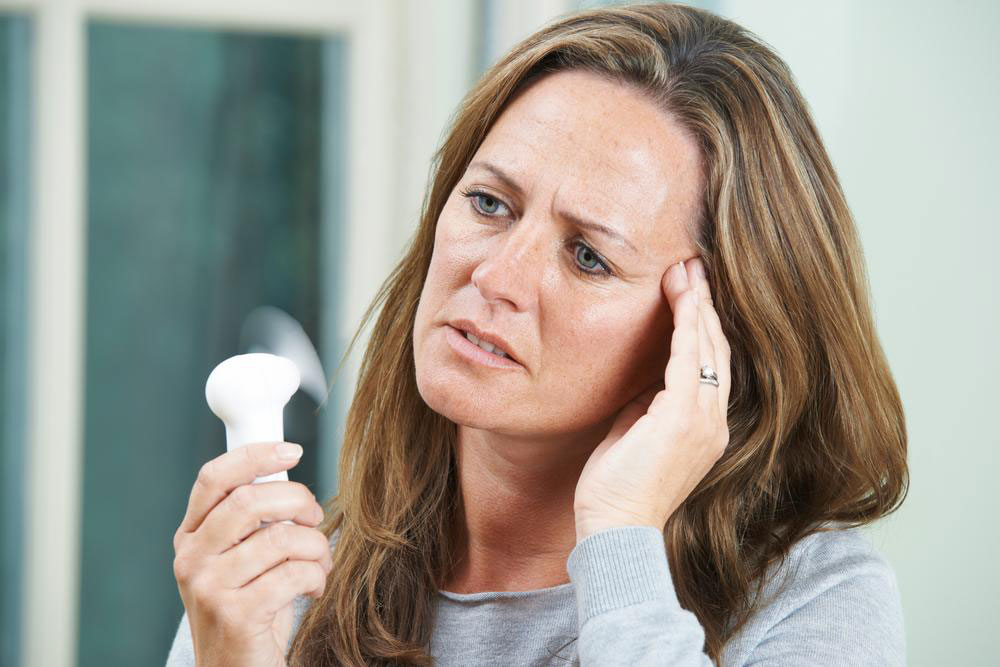Effective Strategies to Manage Common Menopause Symptoms
This article offers practical tips to manage common menopause symptoms such as hot flashes, insomnia, vaginal atrophy, and weight gain. It emphasizes lifestyle adjustments, dietary advice, and medical options to help women navigate this natural life stage more comfortably. Empowering women with proactive strategies, it ensures a smoother menopause experience through informed decisions and health-conscious habits.

Menopause marks a significant phase in a woman's life, akin to puberty during adolescence. It involves fluctuations in hormone levels, leading to various physical and emotional changes. Typically occurring between ages 45 and 55, menopause results from a natural decrease in estrogen and progesterone. Some women may experience early menopause due to medical treatments or genetic factors. Symptoms vary; some women face minimal discomfort, while others experience significant disruption. Fortunately, lifestyle adjustments, diet, and medical options can ease these challenges.
Common menopause symptoms include:
Hot flashes:
Sudden feelings of intense heat, often starting in the chest and spreading upward, accompanied by sweating. Triggers include spicy foods, stress, heat, tight clothing, or caffeine. To manage, wear lightweight natural fabrics, stay hydrated, and avoid heat sources. Medical consultation for hormone therapy may also help.
Sleep disturbances:
Hot flashes and hormonal shifts can hinder sleep, causing insomnia. Creating a cool, comfortable sleeping environment, practicing relaxation techniques like meditation, and taking warm baths before bed can improve sleep quality. Persistent issues should be discussed with a healthcare provider for targeted treatments.
Vaginal atrophy:
Hormonal changes lead to dryness, irritation, and discomfort during intercourse, along with urinary issues. Vaginal estrogen treatments such as creams or pills like INTRAROSA® can provide relief. Incorporating vitamin E-rich foods and doing Kegel exercises to strengthen pelvic muscles can also help. Always consult a doctor before starting these therapies.
Weight gain:
With decreasing metabolism and aging, weight gain is common during menopause. Adopting a balanced diet, engaging in regular exercise like cardio, strength training, and yoga, and managing stress can effectively control weight and enhance overall well-being.
While menopausal symptoms can be challenging, proactive lifestyle choices and medical advice can greatly alleviate discomfort, making this transition smoother.
Note: The information provided is for educational purposes and should not replace professional medical advice. Always consult healthcare providers for personalized treatment options.










